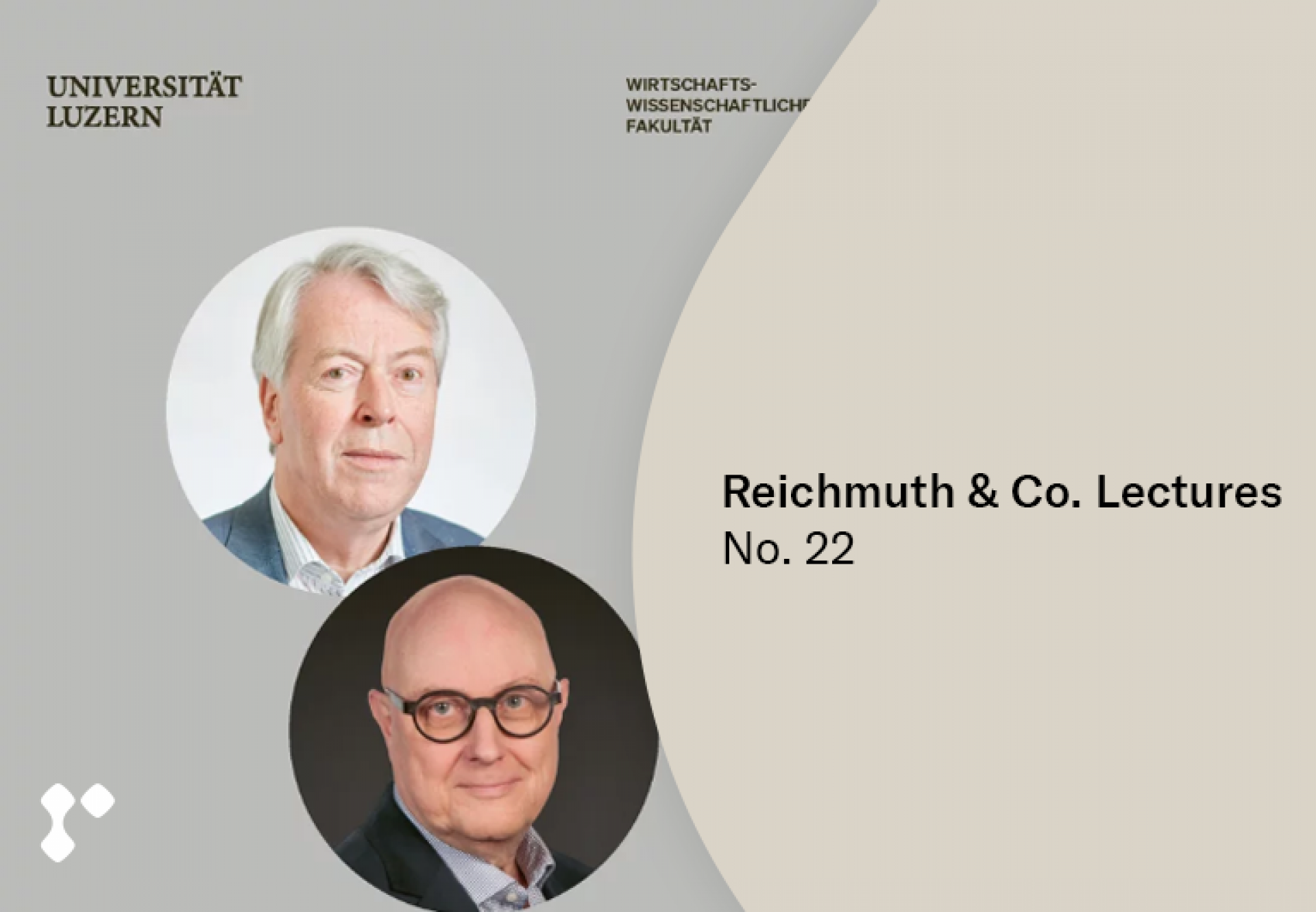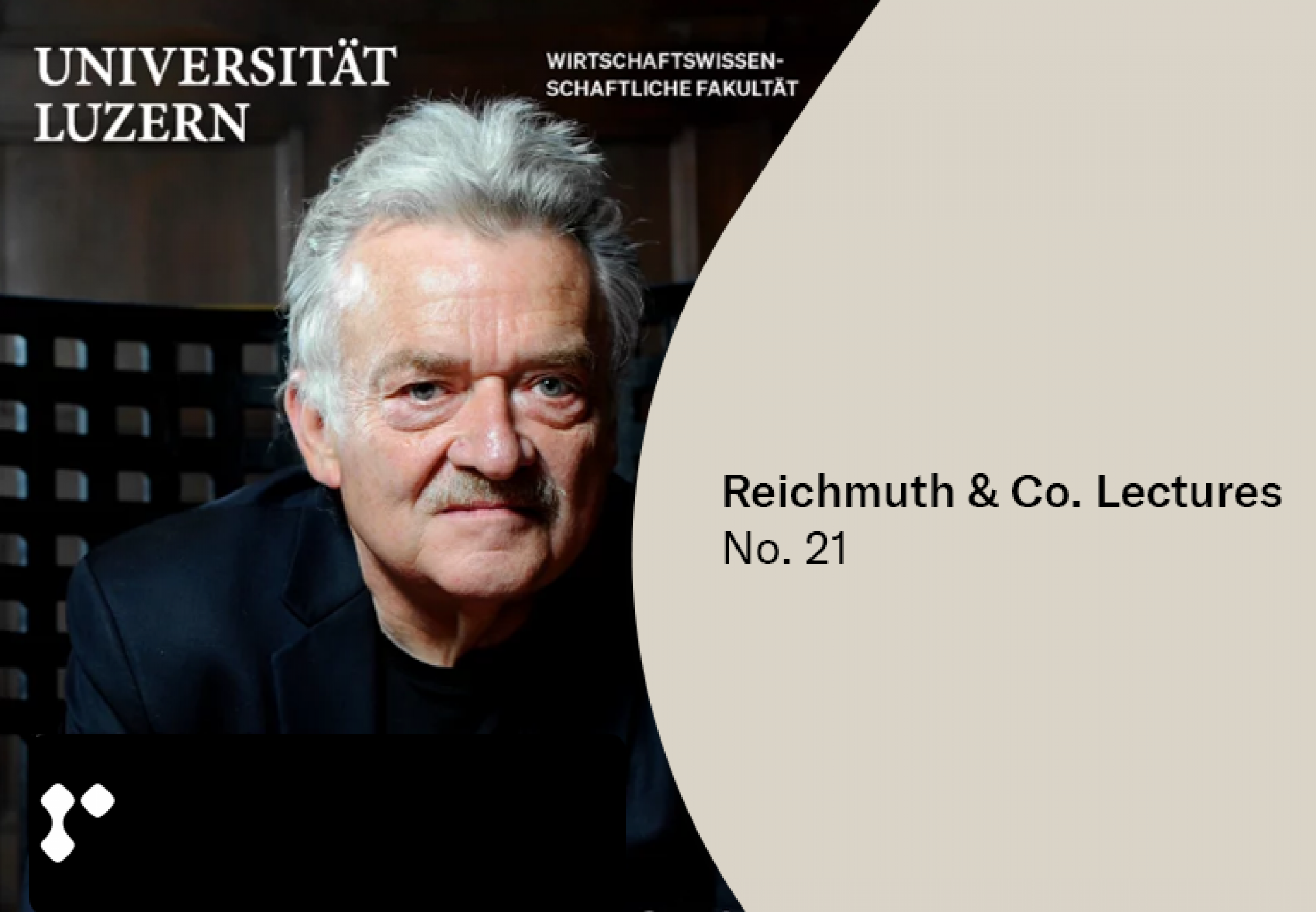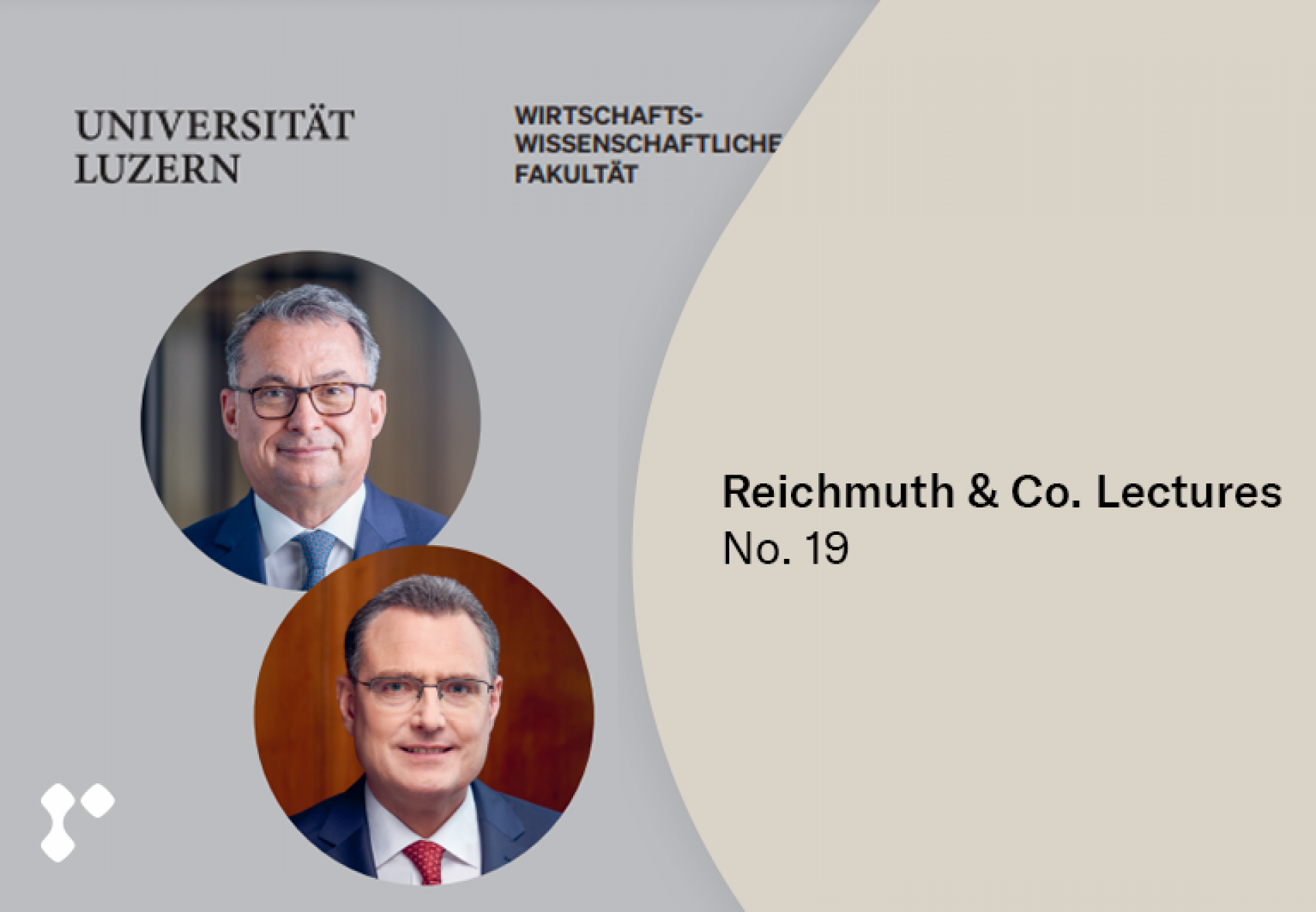«We are experiencing a difficult phase of deglobalisation»
We are currently in a difficult phase of deglobalisation, says Prof. Dr. Dr. h.c. Harold James in his Reichmuth & Co Lecture No. 24 on 17 June 2024 in the packed auditorium of the University of Zurich.
However, this is historically seen as the courant normal. Time and again, so-called shock moments have caused the world to move in a different direction – sometimes towards globalisation, sometimes away from it.
An early modern global shock occurred in Ireland in the 1840s. The potato blight repeatedly led to crop failures, destroying the population’s staple food and resulting in the deaths of over a million people. According to James, this crisis vividly demonstrates how important trade with other nations can be and marks the beginning of the first phase of globalisation, which lasted until the outbreak of the First World War.
Deglobalisation is usually heralded by shock moments such as wars or financial crises, said James. The First World War, for example, abruptly fragmented the global economy. The wartime economy promoted economic self-sufficiency in order to reduce dependence on foreign countries. The financial crisis of 1929 exacerbated this development by shaking confidence in lending and reducing people’s purchasing power. Falling demand further reduced international trade in goods.
Today, there are alarming parallels to the first half of the 20th century, James explained. The financial crisis of 2007 caused a lasting collapse in global trade, and the war in Ukraine further exacerbated the trend towards global disentanglement. What this means for the near future, however, remains to be seen. After all, moments of shock could always be a driver of globalisation in the medium term. If handled correctly, the world will emerge stronger from the crisis.
Watch the recording of the presentation here:





